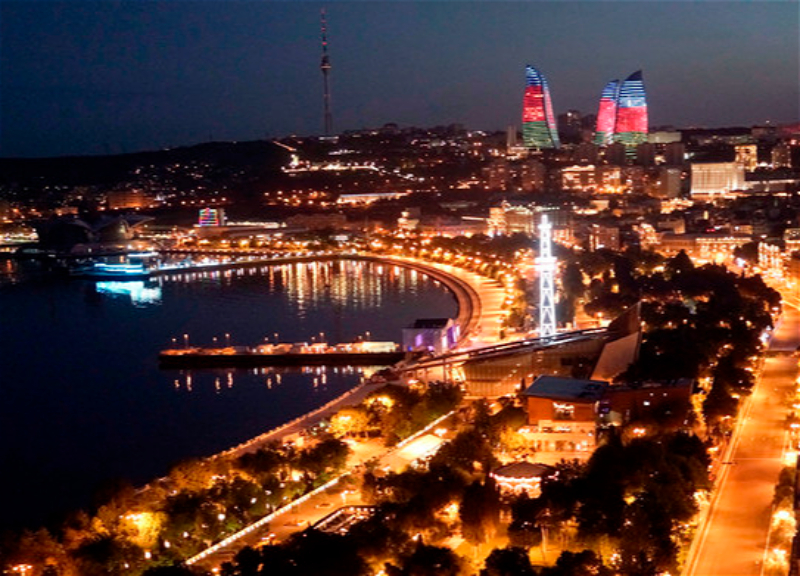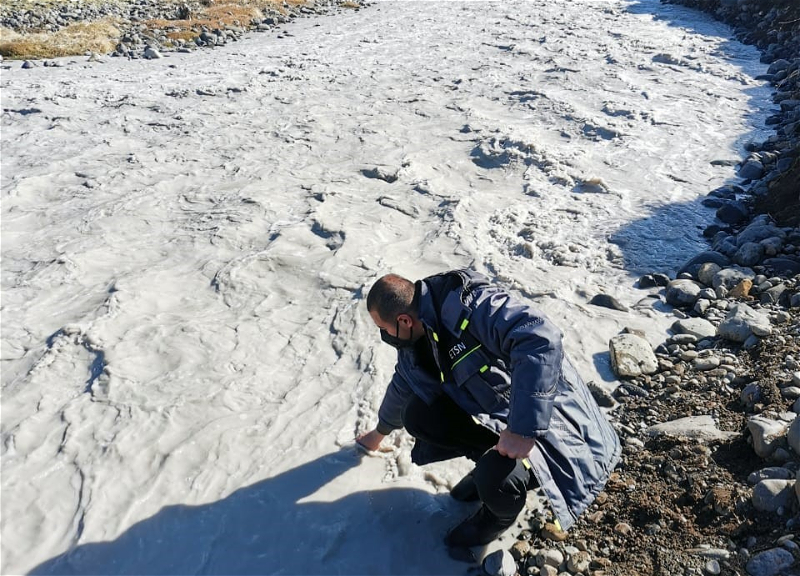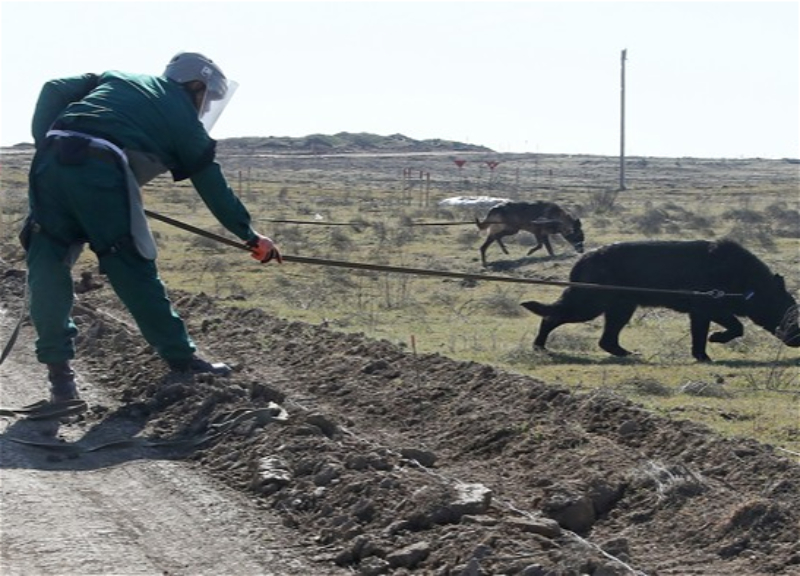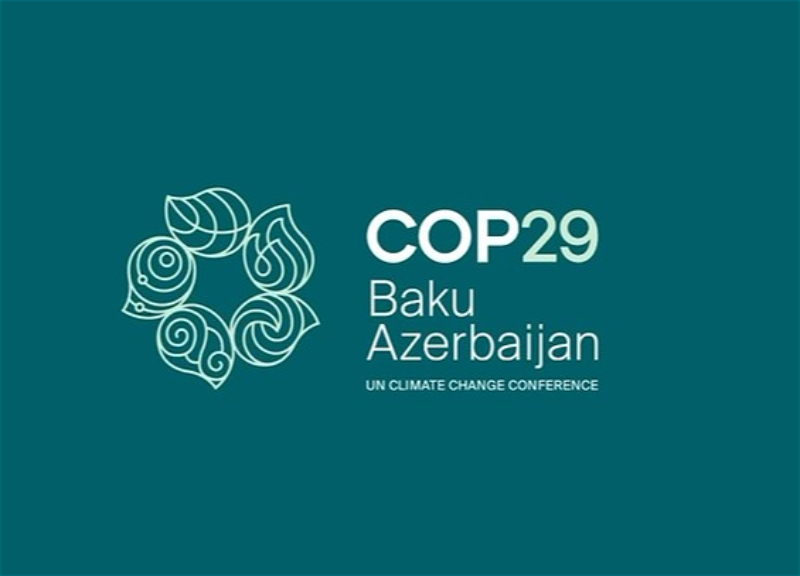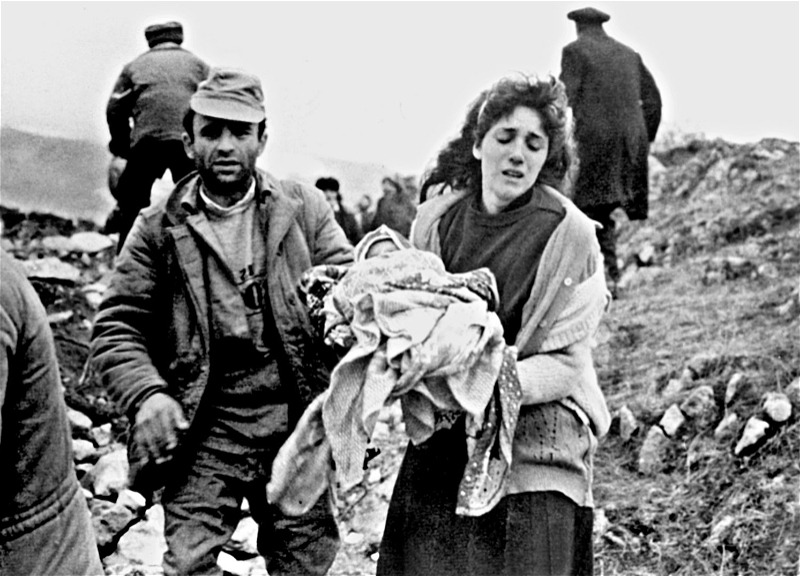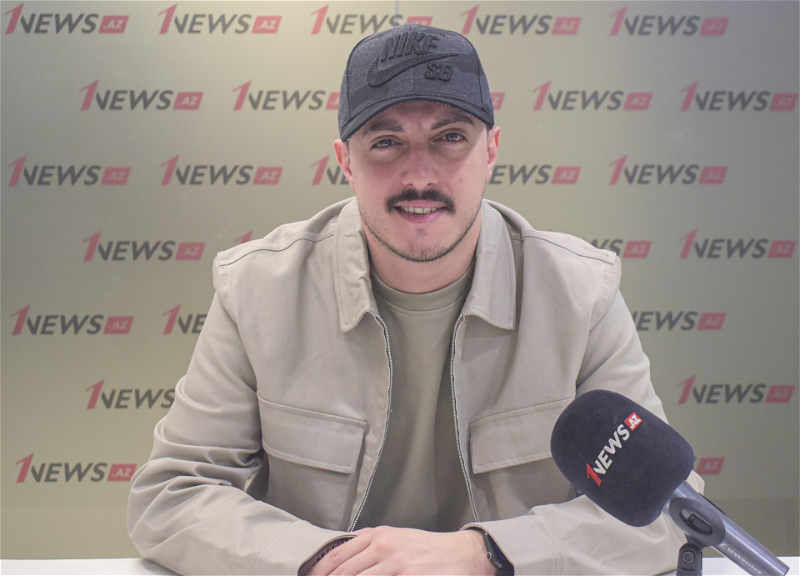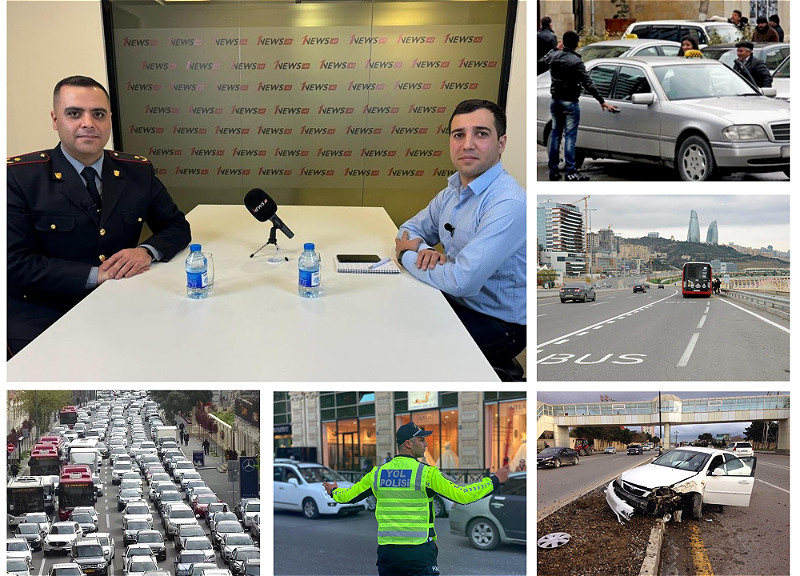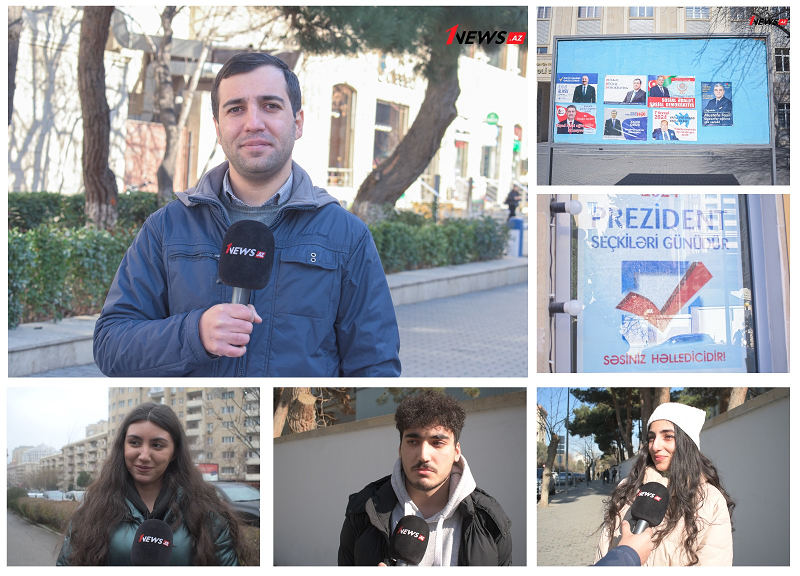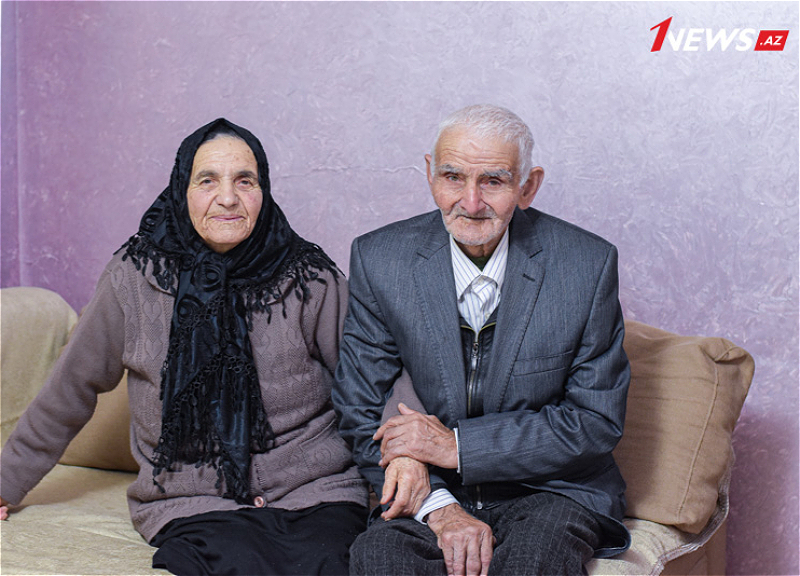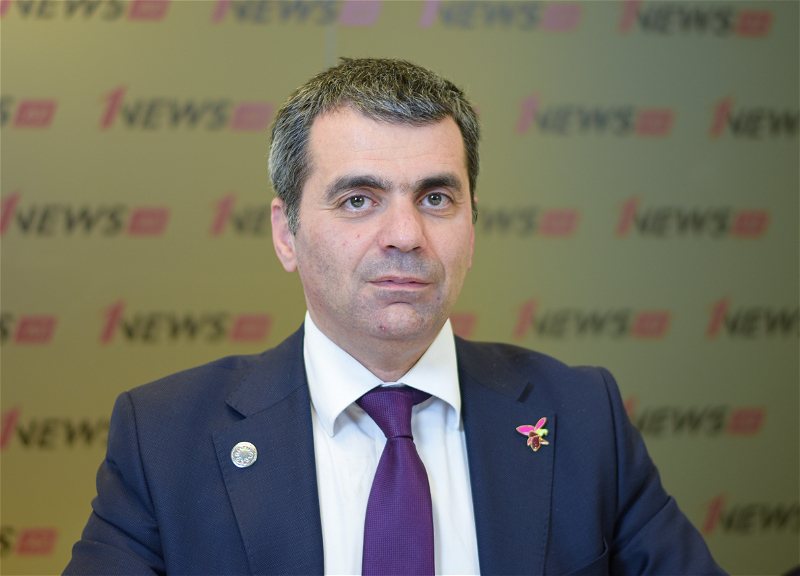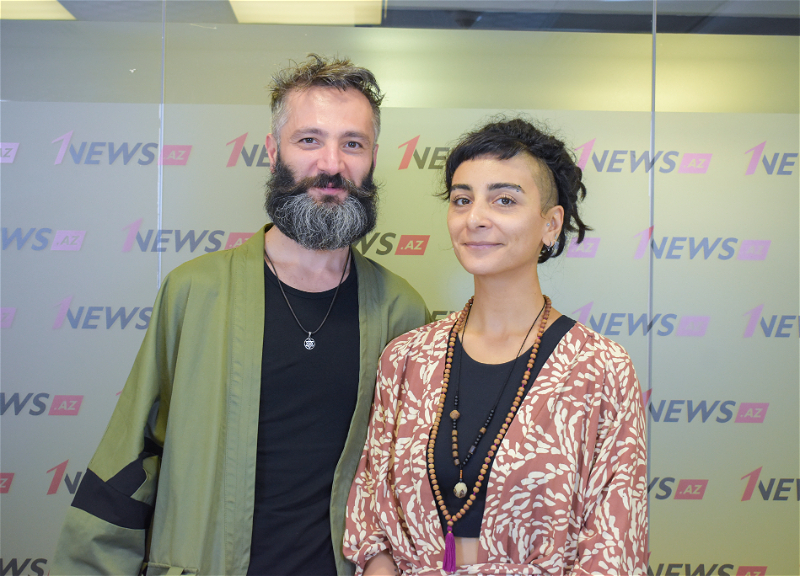Azerbaijan Raises Military Vigilance in Response to Armenia’s Unclear Karabakh Policy
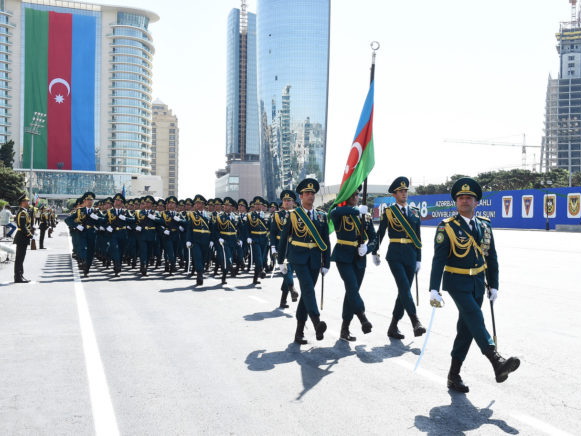
During a July 20 press conference, Armenian Prime Minister Nikol Pashinyan reiterated his maximalist position on the Karabakh conflict and called for “deter[ring] Azerbaijan from provocations” (Lragir.am, July 20).
The next day, Armenian fire killed an Azerbaijani service member stationed at the frontline (Mod.gov.az, July 21).
Quickly, Armenian Defense Minister David Tonoyan declared, “We are universally preparing for possible military actions” (Eadaily.com, July 22).
This was followed by remarks from Levon Mnatsakanyan, the Armenian military commander for the occupied Azerbaijani territories, who said his forces were prepared to strike Azerbaijan’s Mingachevir power plant in the event of a conflict (Yerkramas, July 24).
The new Armenian government’s actions are, generally speaking, fueling mistrust in Baku as to the true nature Yerevan’s intentions.
On June 5, Artak Davityan, Armenia’s chief of the General Staff, visited the occupied Karabakh region to discuss with Armenian commanders plans for preventive measures against the Azerbaijani military (Times.am, June 5).
And one month later, news emerged that Yerevan was planning to send Interior Ministry Troops to the occupied territories (Armeniasputnik.am, July 3). The secretary of Armenia’s National Security Council, Armen Grigoryan, recently characterized his country’s Karabakh policy as “actively defensive,” elaborating that “we can take some preventive steps” (Kommersant, July 16).
He may have been referring to “preventive steps” Armenia took the day before, in the form of a reconnaissance-sabotage attack in the Gazakh direction, along Armenia’s northeastern section of the border with Azerbaijan (Mod.gov.az, July 15).
Grigoryan’s statement echoes remarks delivered by David Tonoyan (then deputy defense minister) prior to the heightened hostilities in April 2016 (Four Day War), saying that Armenia planned to switch from “static defense” to a more “active deterrence” strategy in a “responsive and proactive manner” (Massispost.com, February 19, 2016).
The Armenian side has said it plans not only to defend its frontline positions, but to advance deeper into Azerbaijan—as much as 15 kilometers beyond the Line of Contact—to establish a new buffer zone (Crisisgroup.org, June 1, 2017).
In fact, shortly after the outbreak of the Four Day War, Pashinyan (then a member of the opposition) asserted that Azerbaijan should suffer serious territorial losses and that the Armenian military should take control of significant territories, including at least one Azerbaijani city (Aravot.am, April 6, 2016).
Ultimately, however, as a result of the April 2016 fighting, Azerbaijan rebuffed the Armenian Armed Forces, and took control of several strategic heights in the occupied territories, shifting the Line of Contact in its favor (President.az, March 31, 2017).
Azerbaijan has maintained vigilance by consolidating its military positions prior to any possible Armenian provocation. At a June 26, 2018, military parade, Azerbaijan demonstrated new surveillance and kamikaze drones, as well as armored vehicles, air-defense batteries, artillery and multiple-launch rocket systems (MLRS), cruise missiles, fixed-wing aircraft, and helicopters jointly produced with or bought from various countries, including Israel, Turkey, Belarus, Czechia (the Czech Republic), South Africa, the United States and Russia (Mod.gov.az, June 26).
Azerbaijan’s Defense Minister Zakir Hasanov commented that his country possesses an air-defense “shield” and long-range rocket-artillery systems that it can deploy against enemy targets. Some new armaments were not shown during the parade, however, since they have not been tested yet, he explained (Interfax, Moscow-baku.ru, June 20).
Hasanov added that the Azerbaijani military is equipped with automated command-and-control and intelligence/surveillance systems to monitor all enemy movements in the occupied territories (Azeridefence.com, June 20).
Azerbaijan’s Armed Forces followed up the parade with large (involving up to 20,000 personnel) military exercises, practicing modern combined-arms combat and large-scale counter-offensive operations for liberation of the occupied territories. Participants rehearsed operating in difficult mountainous terrain, day/night conditions and complex Electronic Warfare (EW) environments.
They also trained how to destroy enemy military infrastructure and head off attacks. Minister Hasanov explicitly instructed commanders to increase the security of frontline military facilities and boost the combat readiness of troops to suppress all possible enemy provocations (Mod.gov.az, June 30, July 2, 4, 5, 14, 21).
Recent operations by the Nakhchivan Combined Army have also liberated parts of the Azerbaijani exclave’s eastern border from coverage by Armenian fire, granting Baku the ability to observe and destroy Armenian military convoys moving eastward along the highway leading to the occupied territories in and around Karabakh. Moreover, including thanks to the capture of the Lele-Tepe and Talish heights in April 2016, Azerbaijani forces now have improved ability to target Armenian military-strategic sites in the mountainous terrain of the occupied territories (see EDM, June 4; YouTube, June 20; Vk.com, July 7).
The Azerbaijani military’s advantage over Armenian forces is due not only to the number of troops, but also the quality and diversity of the former’s long-range artillery and missile weapons bought from Israel, Belarus, Russia, Turkey and Czechia (see EDM, June 19). This arms inventory may soon also include new equipment from French and Chinese defense producers (Azertag.az, July 19; Mod.gov.az, April 28, 29).
At the same time, Azerbaijan is attempting to reduce its dependence on arms imports by producing weapons domestically (see EDM, May 21). To this end, the parliament recently amended the 2018 State Budget, providing for increased defense expenditures (Interfax.az, Trend, June 29).
While Azerbaijan has tried to shift away from reliance on a single supplier and Soviet-era hardware toward multiple defense partners and new firepower technologies, Armenia retains overwhelming dependence on Russian military assistance (1news.az, July 2).
After the 2016 Four Day War, the Armenian government, pointing to the “anti-Russian mood in Armenian society” caused by Russia’s simultaneous arm sales to Azerbaijan (see EDM, April 14, 2016), nevertheless secured multiple loans for more Russian weapons (Vpk.name, April 2, 2018).
Pashinyan’s government is now evincing ostensibly “pro-Western” behavior as it tries to simultaneously mobilize Western support for the Karabakh conflict while it beseeches Russia for additional military support. Reportedly, Yerevan wants TOR air-defense systems and Su-30SM fighters jets (1in.am, May 21; Kommersant.ru, June 19). Two recent strongly anti-Armenian articles in Russian media indicate these efforts have shown little success so far (Lenta, July 19; Gazeta.ru, July 20).
Azerbaijan’s President Ilham Aliyev declared, during last month’s military parade, that if international law worked, “Azerbaijani lands would long ago have been liberated from the occupiers.” Consequently, his country can be expected to continue to strengthen its military because of the conviction that hard power is crucial in a world where there are no dependable mechanisms for enforcing the resolutions of international organizations (President.az, June 26).

